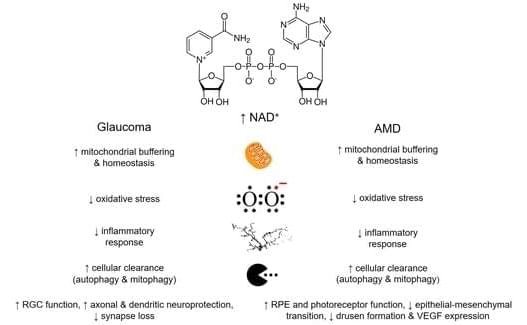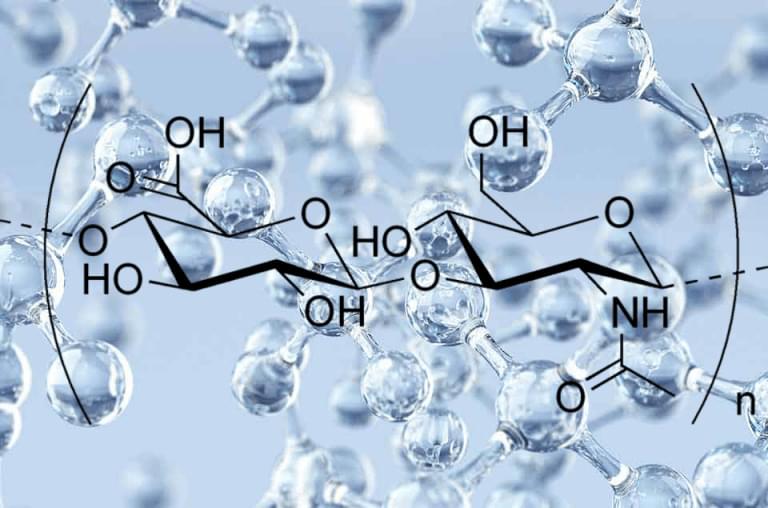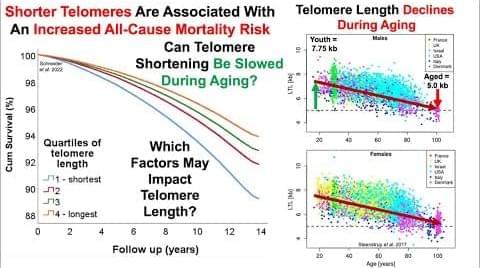Sep 20, 2023
Decoding the microglial aging process and how it contributes to brain dysfunction
Posted by Genevieve Klien in categories: life extension, neuroscience, sex
Microglial cells are the maintenance workers of the central nervous system (CNS), protecting against pathogens and pruning damaged neurons to help the brain maintain homeostasis. Considered immune cells, microglia work to protect the brain from before it is fully formed through its lifetime, but they aren’t infallible. The cells can be primed early on to respond in certain ways, making the microglia’s clean-up efforts less efficient. As other cells age, they can complicate microglial function, making them less effective.
But the underlying mechanism of how microglial cells age and how their aging directly affects the brain is poorly understood—meaning that attempts to prevent or treat brain dysfunction may not be as effective as they could be, according to a multi-institutional collaboration led by Bo Peng and Yanxia Rao, both professors at Fudan University.
The team investigated how microglial cells change as they age in both male and female mice across their lifespans, finding what the researchers called “unexpected sex differences.” They also established a model to study aged microglial cells in a non-aged brain, revealing that aged-like microglia contribute to cognitive decline even in young mice. The researchers published their findings in Nature Aging.

















